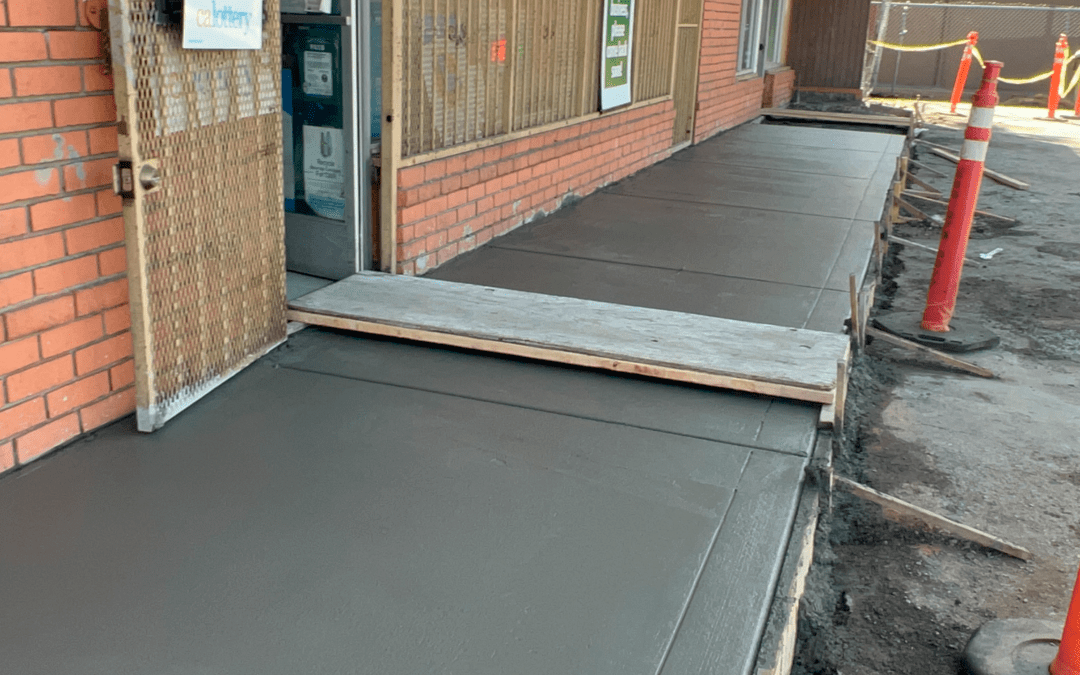When considering home improvement projects, especially something as substantial as pouring concrete, it’s essential to understand the local regulations and requirements. In Sacramento, California, the rules surrounding the need for permits can be quite specific. This guide will provide you with all the necessary information to determine whether you need a permit for your backyard concrete project and what steps you need to take if you do.
Understanding Building Permits
A building permit is an official approval issued by local government agencies that allows you to proceed with construction or remodeling projects on your property. These permits are intended to ensure that the work complies with local standards for land use, zoning, and construction. They help to safeguard the health and safety of the public and the occupants of the building.
Why Are Permits Important?
- Safety Compliance: Ensures that the construction is safe and meets all building codes.
- Legal Protection: Protects you from legal issues that may arise if the work is not compliant with local laws.
- Property Value: Ensures that the work is up to standard, which can affect the value of your property.
- Resale: Facilitates smoother transactions when selling your property, as buyers and lenders often require proof of permits for any major work done.
Do You Need a Permit to Pour Concrete?
General Guidelines
In Sacramento, as in many places, whether you need a permit can depend on several factors including the scope and size of your project, the specific type of work being done, and the zoning laws of your area. Here are some general guidelines:
- Minor Projects: Typically, minor projects like small concrete patios or sidewalks might not require a permit. However, there are size limitations.
- Major Projects: Larger projects, such as driveways, significant patio areas, or any concrete work that involves structural changes, will likely require a permit.
Specific Requirements for Sacramento
Sacramento Building Code
The Sacramento County Building Inspection Division provides specific guidelines on what types of projects require permits. According to the Sacramento County Building Code:
- Patios and Walkways: Generally, for concrete patios or walkways that are less than 30 inches above grade and not over any basement or story below, a permit is not required.
- Driveways: Pouring a new driveway or significantly altering an existing one typically requires a permit.
- Retaining Walls: Any concrete retaining wall over 4 feet in height will require a permit.
- Structural Work: Any concrete work that affects the structural integrity of your home or property will require a permit.
Steps to Obtain a Permit
If your project requires a permit, it’s important to follow the necessary steps to obtain one. Here’s a step-by-step guide:
1. Research and Planning
Start by researching the specific requirements for your project. This might include looking at zoning laws, building codes, and any other regulations that may apply.
2. Prepare Your Application
Prepare detailed plans of your project. These plans should include dimensions, materials, and any other relevant details. The more detailed your plans, the smoother the application process will be.
3. Submit Your Application
Submit your application to the Sacramento County Building Inspection Division. This can often be done online through the county’s website. Make sure to include all necessary documentation and fees.
4. Inspection
Once your permit is approved, you may need to schedule inspections at various stages of your project. These inspections ensure that the work is being done according to code.
5. Approval and Completion
After passing the final inspection, you’ll receive approval to complete your project. Keep all documentation and approvals for your records.
Potential Consequences of Not Obtaining a Permit
Failing to obtain the necessary permits can lead to several issues:
- Fines and Penalties: You may be subject to fines and other penalties for not complying with local regulations.
- Insurance Issues: Your homeowner’s insurance may not cover any damage or issues that arise from unpermitted work.
- Resale Problems: Future sales of your property can be complicated if unpermitted work is discovered.
- Safety Risks: Work that has not been inspected may not be safe or up to code.
Common Questions and Answers
1. What if I’m Just Replacing Existing Concrete?
If you are simply replacing existing concrete and not changing the layout or structure, you might not need a permit. However, it’s always a good idea to check with the local building department.
2. Can I Apply for the Permit Myself?–
Yes, homeowners can apply for permits themselves. However, if you are hiring a contractor, they can also handle the permit process for you.
3. How Long Does It Take to Get a Permit?
The time it takes to get a permit can vary. It can take a few days to a few weeks depending on the complexity of the project and the efficiency of the local building department.
4. What Are the Costs Involved?
Permit fees can vary based on the scope of your project. It’s best to check with the Sacramento County Building Inspection Division for specific fee information.
Tips for a Smooth Permit Process
- Be Thorough: Provide detailed plans and information to avoid delays.
- Stay Informed: Keep up to date with local building codes and regulations.
- Communicate: Maintain open communication with the building department and inspectors.
- Hire Professionals: Consider hiring professionals for complex projects to ensure all regulations are met.
Conclusion
Pouring concrete in your backyard in Sacramento, California, may or may not require a permit depending on the specifics of your project. Minor projects like small patios often do not need permits, but larger or more complex projects typically do. It’s crucial to check with the Sacramento County Building Inspection Division to ensure compliance with local laws. By following the proper steps and obtaining any necessary permits, you can avoid legal issues, ensure safety, and protect your property value.

